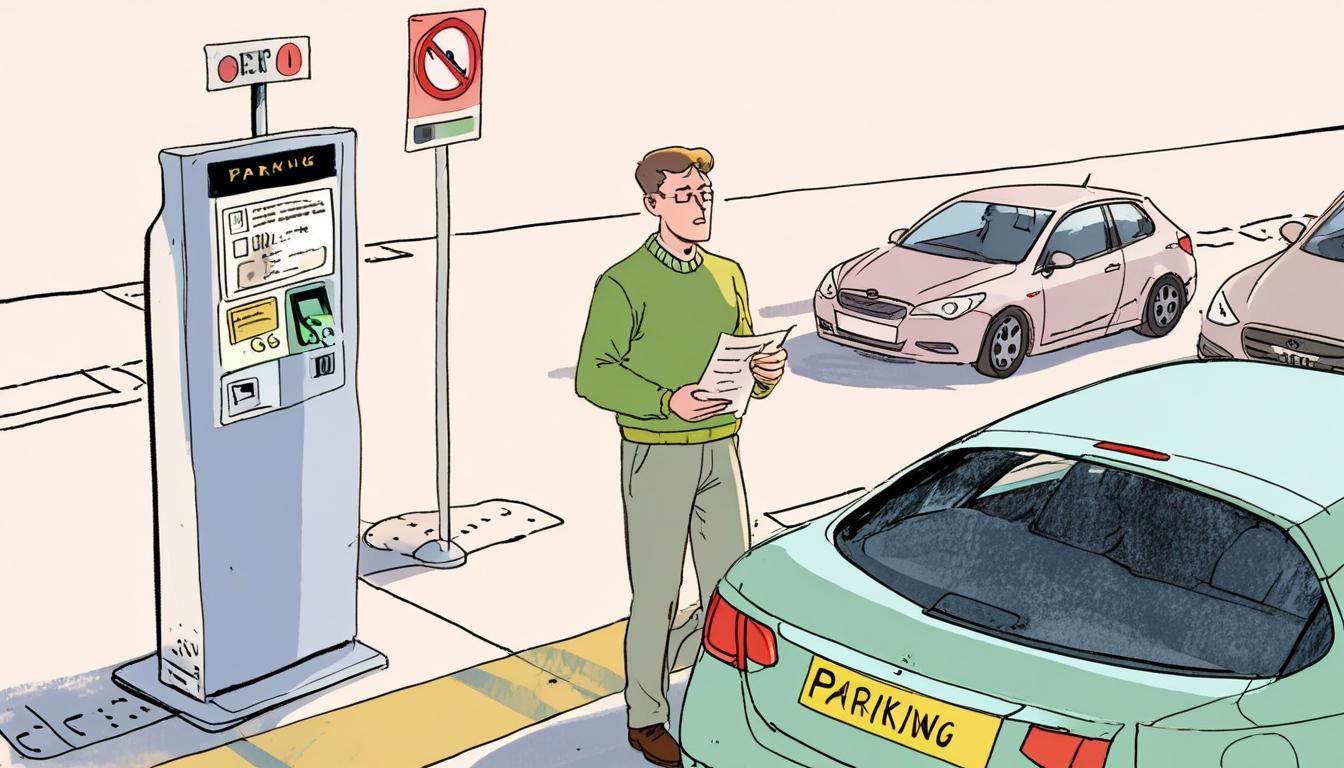Private parking companies in Britain are facing scrutiny amid rising complaints regarding their practices, despite assertions from industry leaders that they do not desire to issue parking charges. Will Hurley, the chief executive of the International Parking Community (IPC), stated that operators primarily aim for drivers to park legally and conveniently, reflecting a business model driven primarily by paid parking rather than fines. "Any business is there to make money," Hurley noted, emphasising that the bulk of revenue in the parking sector stems from lawful payments.
Accusations against these companies have emerged, highlighting issues such as misleading signage, aggressive debt collection methods, and inflated fees. Parking charge notices (PCNs) are issued by private firms when drivers allegedly breach parking regulations, which can occur in various venues such as shopping centres and motorway service areas. Each PCN can cost drivers up to £100, although a 40 per cent discount is available if paid within 14 days.
Recent financial data points to the lucrative nature of the private parking industry; for instance, ParkingEye, the largest firm in this sector, reported a pre-tax profit of £16.1 million for the fiscal year 2023, a notable increase from £10.9 million the previous year. This economic success underscores the growing reliance of firms on parking fines.
In the six months leading to September 2024, car park management companies made approximately 7.2 million requests to the Driver and Vehicle Licensing Agency (DVLA) for vehicle keeper records, facilitating the issuance of PCNs. This marks a significant rise of 12 per cent from the same timeframe the previous year, equating to about 41,000 requests daily—an increase from an average of 24,000 daily in 2019.
Concerns have also been raised regarding the functionality of payment machines. Some drivers have reported receiving tickets despite having paid for their parking due to machines that inadequately handle vehicle registration entries. Hurley acknowledged the problems associated with some payment systems, advocating for the establishment of minimum standards for parking machines. He stated, "I don’t think that’s helpful," regarding machines that allow payment after entering only a portion of a registration number.
Legislative efforts to regulate the industry have encountered hurdles. A Bill aimed at introducing a government-backed code for private parking firms received royal assent in March 2019 but was retracted in June 2022 following legal challenges from parking companies. The Ministry for Housing, Communities and Local Government has indicated that it will provide updates on re-establishing this code soon.
Simon Williams, head of policy at the RAC, commented that if private companies genuinely wished to lessen the issuance of tickets, they should improve their signage and machine operations. He highlighted persistent issues faced by drivers, including malfunctioning machines and ambiguous instructions, urging the need for a government code of practice to be implemented promptly.
The ongoing debate surrounding private parking practices is set to continue, with Parliament scheduled to hold a discussion on the subject. The evolving landscape of parking enforcement and the challenges faced by both drivers and operators remain focal points of interest in this sector.
Source: Noah Wire Services
